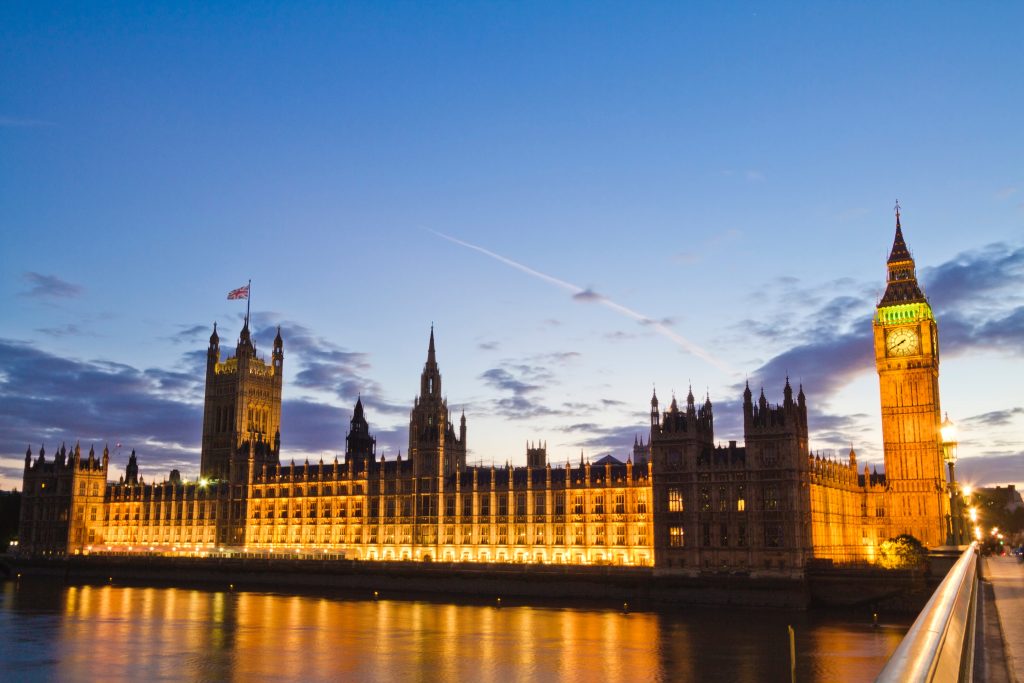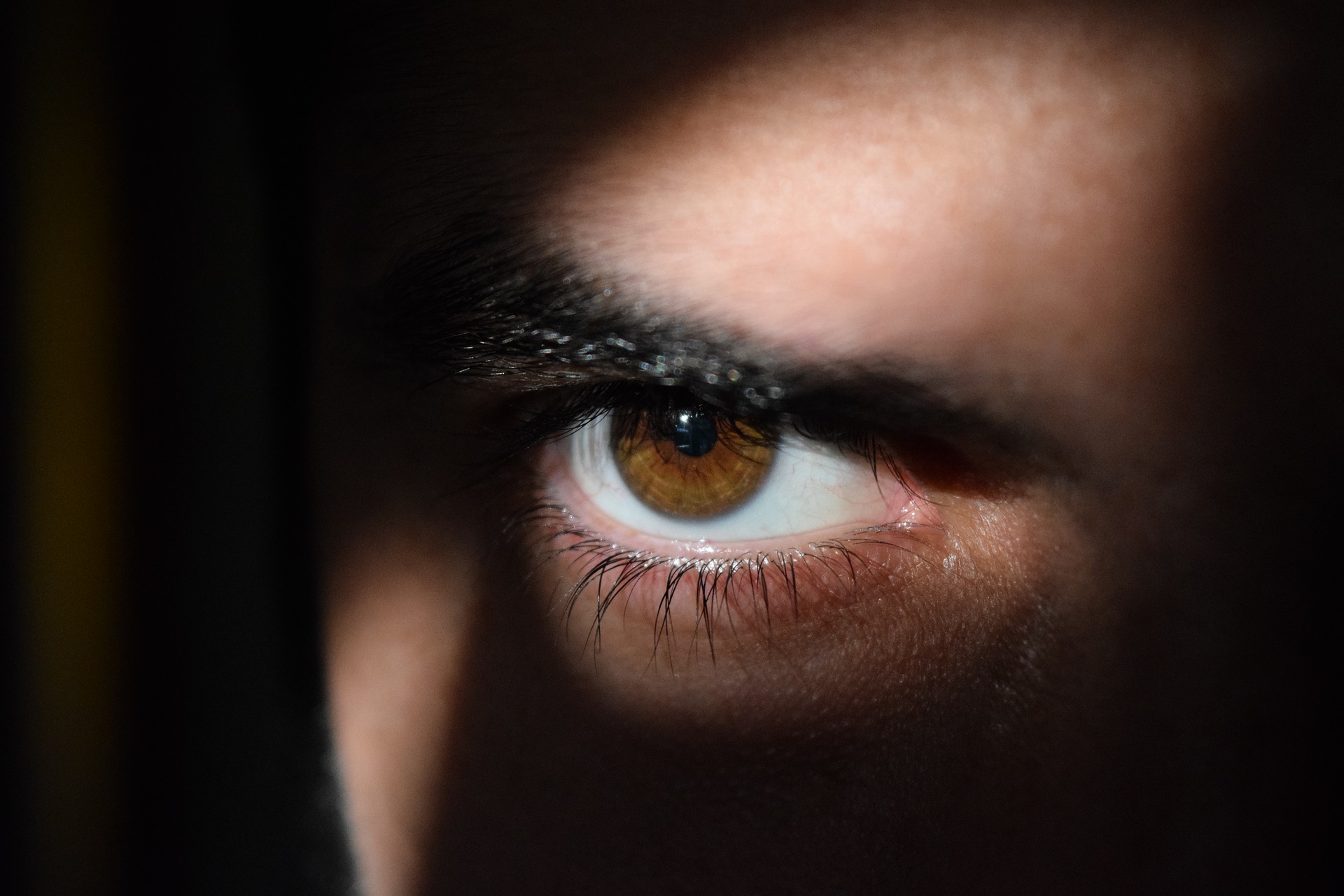Imagine writing something deeply personal: a piece of creative fiction or poetry, a diary entry, a CV, or perhaps a speech for a loved one’s funeral.
Now imagine writing these with someone watching every word you typed. Would you feel free to say what you wanted, to say something controversial? Welcome to free expression in the age of big data and pervasive digital surveillance.
Following the Snowden revelations in 2013 that showed the breath-taking scope of state surveillance mechanisms in the US, UK, Australia, Canada and New Zealand, there has been much focus on trying to understand how the right to privacy can function in this new landscape.
And the tension between privacy and surveillance has recently been heightened even further. First, the passing of the Investigatory Powers Act in 2016 expanded state surveillance capabilities, while reinforcing the permissive attitude towards these powers of the UK state. Then, the recent Cambridge Analytica controversy showed how our digital persona can be co-opted or weaponised by opaque private companies for political ends.
But the impact of surveillance is bigger than this.
Privacy is at the Heart of Other Freedoms

Image credit: Ben White/Unsplash
Privacy is a significant freedom, not just because of what it affords in and of itself, but because of how it facilitates the realisation of a number of our other fundamental freedoms.
Can we freely practice our religion of choice without a space to call our own to follow the tenets of our faith? What about the right to free assembly, would that be possible without the ability to reach out to and form bonds with other like-minded people free from a pair of eyes over our shoulder? And now we get to free expression.
New Threats To Writers

Image credit: Kaitlyn Baker/Unsplash
As part of PEN International, Scottish PEN defends the rights of writers in Scotland and around the globe to express themselves free from the threats of violence, intimidation and censorship.
But pervasive surveillance is a key issue we need to explore if we want to understand new threats to writers, whether they are journalists, poets, novelists, academics or essayists.
Are we free to express ourselves if we think someone else, be it the state or corporate entities, is monitoring our every move?
Freedom of Expression, Surveillance and Self-Censorship

Image credit: Ari He/Unsplash
Article 19 of the Universal Declaration of Human Rights states that free expression includes the right to “seek, receive and impart information and ideas through any media and regardless of frontiers.” The same right is found in Article 10 of the Human Rights Convention.
But research has shown that the perception of surveillance can limit people’s willingness to research sensitive issues, such as terrorism and health, using either Wikipedia or Google. What’s more it can dissuade holders of minority viewpoints from contributing to debates on Facebook.
If people lose their willingness to research source material, whether through Google, Wikipedia or other sources, and if they are robbed of the freedom to speak out online, free expression as we know it will surely be affected.
Democracy Will Suffer

Image credit: Michael D Beckwith/Unsplash
A landmark study by PEN America in 2013 looked at the impact of surveillance on writers. The results were stark. They found that one in six writers avoided “writing or speaking on a topic they thought would subject them to surveillance”, with the use of social media, web searches and online correspondence similarly restricted.
This is not a phenomenon limited to the US. We are currently finalising a follow up study in Scotland and, after reaching out to Scottish writers across the country, we are seeing a similar concern about the impact of surveillance on their work and an unwillingness, at times, to address complex and sensitive issues such as terrorism, child abuse and sexual violence.
If topics are being avoided by writers, how can we be sure we are well enough informed on the key issues that define our society? The silence of writers, who can help us navigate and give voice to the world around us, will only reinforce our own silence.
And with fewer people speaking out, our democracy will suffer.






